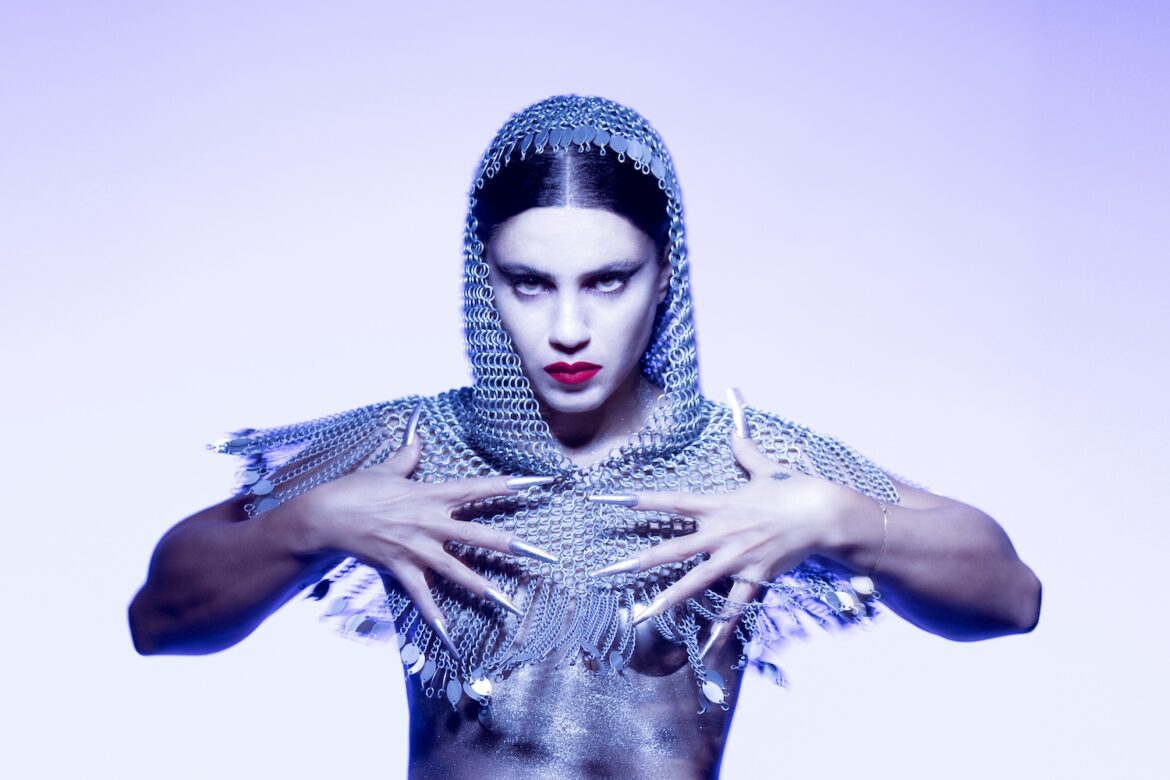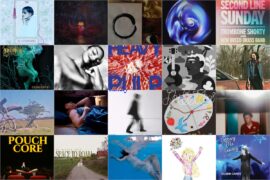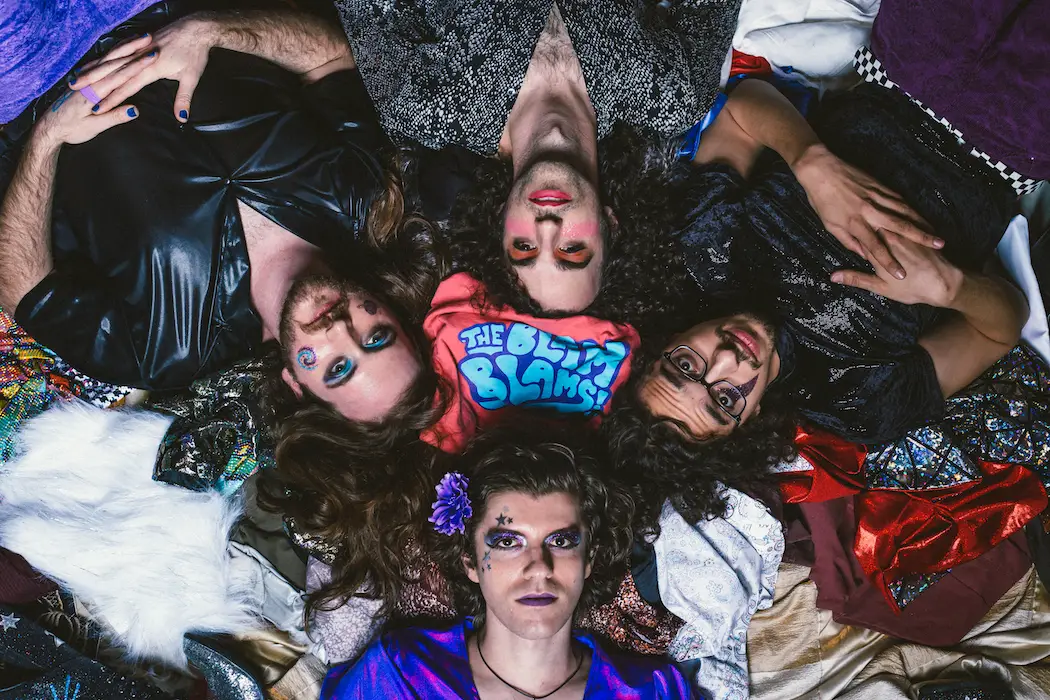In honor of Women’s History Month, Atwood Magazine has invited artists to participate in a series of essays reflecting on identity, music, culture, inclusion, and more.
•• •• •• ••
Today, Tunisian/American, New York City-based artist, producer, and activist EMEL (Emel Mathlouthi) explains her choice to create her newest album ‘MRA’ with a fully female team, and the trials and tribulations that led to the finished product, in a special essay for Atwood Magazine’s Women’s History Month series!
Three years ago, Emel Mathlouthi, the New York City-based art-rock musician who simply goes by EMEL, began writing her fourth studio album MRA, a beguiling coalescence of ethereal, hip-hop, and indie-pop sounds that is, at turns, a call to compassion and to action.
At the time, EMEL and her young daughter were staying with her parents in her childhood house overlooking the Mediterranean Sea. ‘MRA’ means “woman” in Arabic, an ideal which EMEL took to heart. Having worked alongside such formidable visionaries as Iranian filmmaker Shirin Neshat and more recently multimedia artist Laurie Anderson, she knows the mutually beneficial strength forged by working with other women. “I’m not interested in being a muse,” she says. “I want to be an artist, with a vision.” This enlightened manifesto includes both healing through and by women, and encouraging women to support and trust each other, ultimately breaking the cycle of patriarchy in a male-driven industry. And that is why every single collaborator on ‘MRA’ is a woman.
Growing up in Tunisia, EMEL listened to everything from classical music to Art Tatum to Celine Dion. After performing in a metal band as a teen, she discovered Joan Baez and the quiet intensity of protest songs. In 2010, EMEL was named the voice of the Arab Spring when her folk-hymnal “Kelmti Horra (My Word Is Free),” once banned, was resurrected as a protest anthem. She’d go on to perform the track at the Nobel Peace Prize concert in Oslo. 2 years later, among international touring in over 25 countries, she played an underground concert in Baghdad, Iraq, and a few years after that, a highly illegal, all-women performance in Iran, as chronicled in the documentary No Land’s Song.
Presenting her music-as-art is important to her. EMEL has previously collaborated with Alaïa and Jean-Paul Gaultier on her stage wardrobe as well as abstract videos on stage. This sense of theater and contemporary dance is why she’s previously experimented in electronica, goth rock, and baroque pop. But these days, it’s hip hop and pop — crafted with help from co-producers Hannah Vasanth and Lyzza — that’s driving her vision.
“I’ve always dreamed of reaching people’s hearts, but I ultimately support them in owning their destiny and claiming their path,” EMEL says. “I am a privileged person, because I have my voice and power in music and songs. When I see how much impact my music has had in some parts of the world and how much my songs have helped people in their quest for freedom, I feel really grateful.” MRA is as much about using her voice as it is a rally cry that her fellow women do so freely, with the same opportunities and in the same spaces as their male counterparts. “I don’t create things to be consumed,” she continues. “I hope it transcends time, transcends boundaries, transcends cultures. Music can change the world.”
•• ••
CREATING ‘MRA’ AS A FULLY FEMALE MADE ALBUM
And Why This Is Much More Than A Record

by EMEL
When I started envisioning MRA, I marched without fully realizing it would be the boldest statement of my career.
At the start, I just wanted to make something powerful and honest. Something that held the weight of ancestral female voices and my future dream of a world where women can simply thrive, on their own terms. But as the songs began to form, so did a deeper realization: this project could be more than a statement, more than a gigantic female sound revolution, MRA should be a movement.
I wanted MRA to be a space where female energy wasn’t just the counterpoint or the alternative but the ground, the architecture, the weather. It wasn’t about exclusion; it was about coherence. About allowing something truly feminine, uninterrupted, unfiltered, to emerge, grow, roar, and ultimately heal.
In an industry where decisions about sound and stage are still so often dictated by men, there is a quiet violence in being told, implicitly or otherwise, that your power needs translating, more so as an Arab African woman. That your vision needs a male counterpart to be made “real.” With MRA, I didn’t want to translate. I wanted to speak in our own tongue. And there were MANY tongues, raps, singing in 6 total different languages by 30 different creators from 22 different parts of the world.
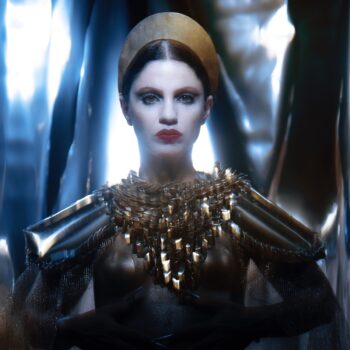
Choosing an all-female team, composers, musicians, producers, engineers, visual artists, wasn’t at all easy logistically or physically.
The industry doesn’t make it easy to find each other, which is also one of the reasons I wanted to make this record. It took years of constant scouting, rejections and dismissals, hundreds and hundreds of hours of playlists scrolling. But once we did, the process felt like discovering a new language we already knew. There was no need to prove, to armor up, to explain away instinct. We moved differently. We listened harder. We allowed space. We broke rules.
There was an ocean of emotional electricity in the room, and equal parts of tenderness and fire. We built something together that felt like more than music. It felt like remembering a part of ourselves we didn’t even know we’d lost.
There were times, of course, when I questioned the choice and felt discouraged. When I felt drawn to give up or cheat, times when I was told I was being too extremist, too political, too radical, or too limiting. But this wasn’t a PR move. It was a sacred choice. A choice to believe that when women come together, without interruption, something profoundly original can be born. Something profoundly universal, inclusive and uniting.
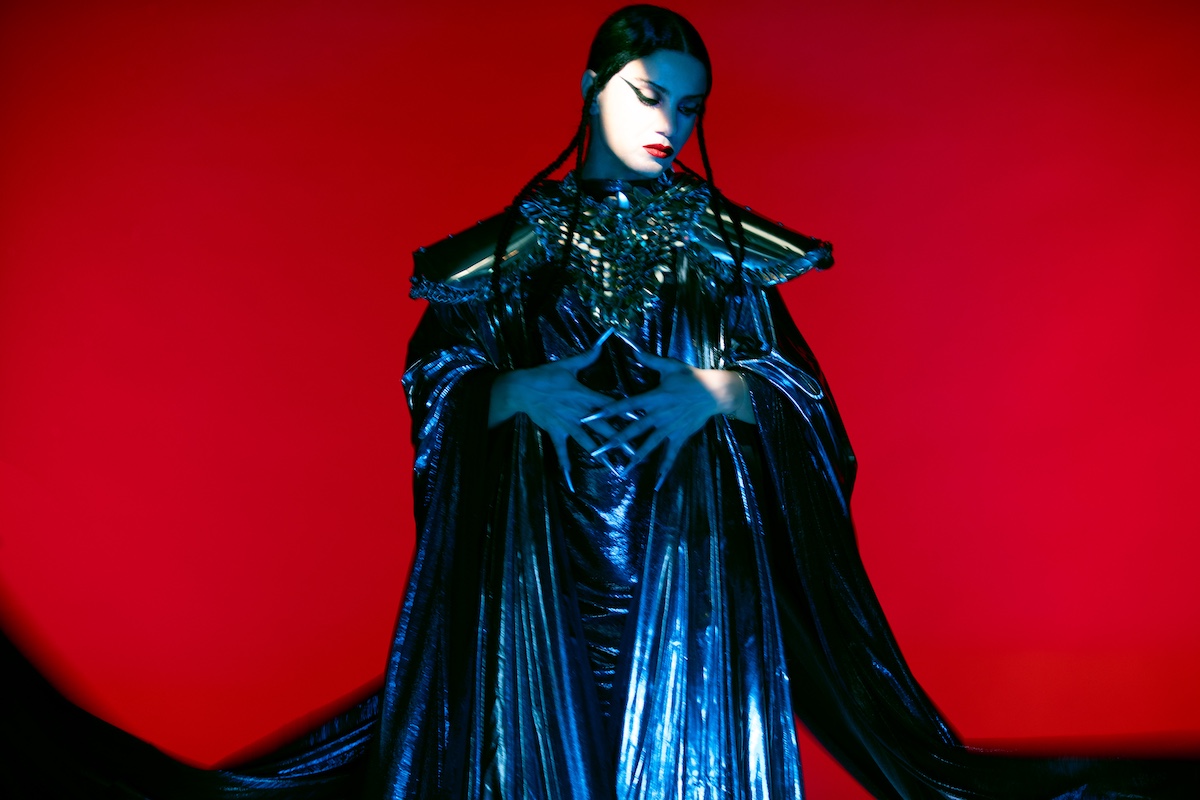
MRA is an anthem of resistance. ANTHEMS of resistance. Not only against patriarchy, it’s resistance against silence.
The silence surrounding centuries of abuse and dismissal. Against erasure. Against the subtle, daily contortions women are asked to perform just to be heard. Women are the most oppressed MAJORITY of all times.
I’m proud that MRA is fully female-made. Not because it ticks a box. But because it allowed us to create something that breathes with a different rhythm. Something that might help others heal and imagine new structures, musical, emotional, communal.
And in that imagining, something shifts. Power reconfigures. A door opens, and we walk through. – EMEL
•• ••
:: connect with EMEL here ::
•• ••
•• •• •• ••

Connect to Emel on
Instagram, X, TikTok, Facebook
Discover new music on Atwood Magazine
📸 © Amber Grey
MRA
an album by Emel

